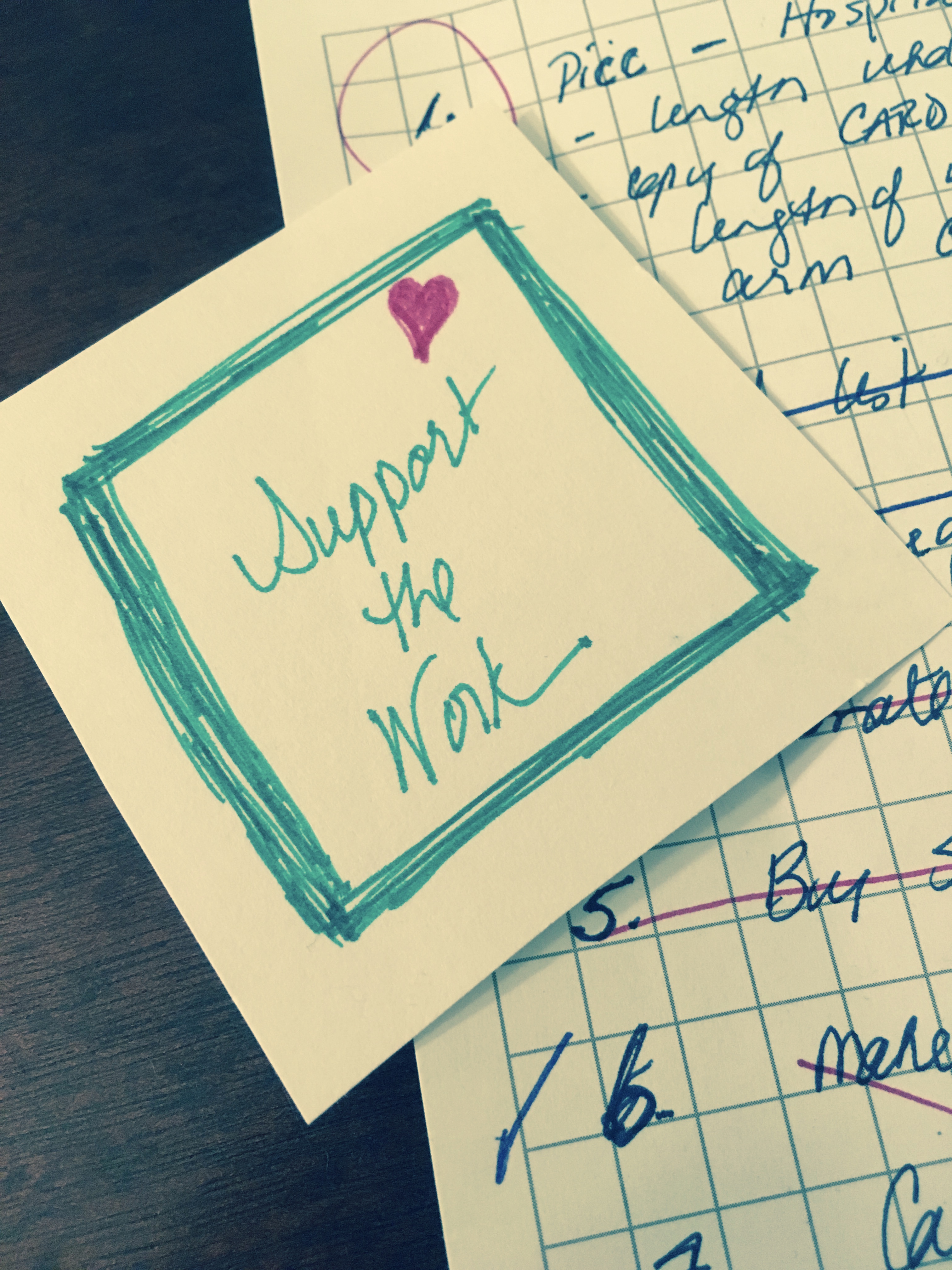Does Some Wine (or Beer) Trigger Your Food Allergies?
 Monday, March 30, 2015 at 7:13PM
Monday, March 30, 2015 at 7:13PM Have an allergic/sensitive reaction after drinking certain wines but not others? Beer, of course is made with wheat and barley, so if you have celiac disease or an allergy to these grains, find a gluten-free beer that you like. However, if you have multiple food allergies, or are vegan, wine and beer both have "fining agents" that can be
- bone marrow
- casien (milk)
- egg albumum derived from egg whites
- shellfish shell fiber (called "chitin")
- fish oil
- gelatin (dervied from animal parts)
- gelatin (derived from fish membranes)
... Some wines have even used grains, although in my own research it seems this practice is not as prevalent anymore. I've started researching this more deeply, and glad to find this article on Lifehacker confirming my suspicions. Does this answer any burning questions?
There is the great debate about how distillation and refining of alcoholic beverages breaks down the proteins so that the immune system doesn't see the allergen anymore. Being a canary in a coal mine, myself, I can tell, with one sip, if a beverage contains my allergens - distilled out or not. Even if a so-labeled potato vodka has a mix of refined grain alcohols in the bottle, my body reacts nearly instantly. If it does not, I have no problem. The fining agents, however, are not distilled out of the beverage, so even if you are not a creature of great sensitivity like myself, but still have allergies, this is something of which to be aware.
What can you do?
Look for unfined wines or unfinished wines as a start. There are no laws requiring labeling of fining agents in alcoholic beverages, so you will not find them on the label. Unfined wines might be a little more cloudy, but this will clear up with time. Besides, its better to be safe and drink cloudy wine.
Barnivore has a great list of vegan wines. So if you are allergic to dairy, fish, or animal products, this is another great place to do your own research.




